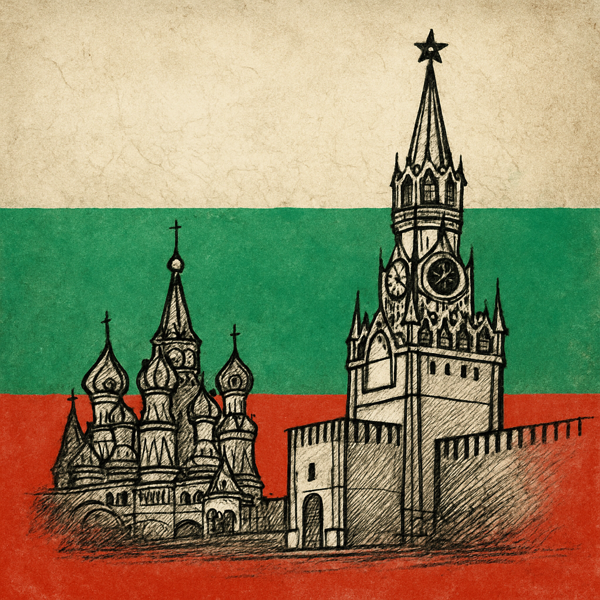
Published: 12 July 2025 | Author: Dr. Dimitar Keranov
Bulgaria as a Former Soviet Republic
Despite the frequency with which it is repeated in both popular and professional discourse, the claim that Bulgaria was part of the Soviet Union is incorrect. While the country was a loyal Soviet satellite and ideologically aligned with Moscow during the Cold War, Bulgaria was never one of the fifteen constituent republics of the USSR. It was a separate country.
Communist Bulgaria (1944–1989) functioned as a one-party dictatorial state, tightly integrated into the Soviet geopolitical orbit. It was a founding member of both the Warsaw Pact and COMECON (the Council for Mutual Economic Assistance, an economic organization coordinating trade and development among communist countries) and adhered closely to Soviet domestic and foreign policy directives.
Interestingly, proposals in the 1960s and 1970s of Todor Zhivkov and the Bulgarian Communist Party for full political union with the USSR never materialized (Deutsche Welle, 2015), possibly underscoring the Kremlin's preference for compliant but formally separate countries.
The Question of the Russian Language
It is important to emphasize that Russian has never held official language status in Bulgaria at any point in the country's history since its establishment in 681 AD. Bulgarian has consistently remained the sole official language.
During the communist period, Russian was taught compulsorily in schools and heavily promoted. The use of Russian was a product of political orientation and educational policy—not of bilingualism or state recognition.
Since the fall of communism in 1989, the role of Russian in Bulgarian society has significantly diminished in every aspect. According to the Bulgarian National Statistical Institute (NSI, 2022), among the active labor population (ages 25–64), English is the most widely used – 30.4%, followed by Russian (14.8%) and German (4.8%). Russian continues to maintain a degree of popularity in Bulgaria, primarily due to linguistic proximity as a Slavic language, which makes it more accessible to Bulgarian speakers compared to non-Slavic languages. However, broader societal and generational trends suggest a steady decline in its use and relevance, as younger Bulgarians increasingly prioritize English and German for professional, educational, and cultural reasons. This shift reflects not only individual preferences but also the country's broader geopolitical orientation towards Euro-Atlantic institutions.
The distinction between Soviet republics and satellite states directly impacts how countries like Bulgaria are perceived today. Portraying Bulgaria as a former Soviet republic distorts both its historical path and its present international standing as a NATO and EU member.
